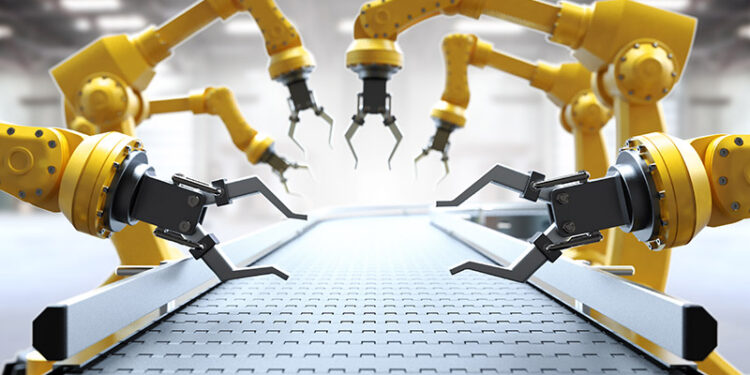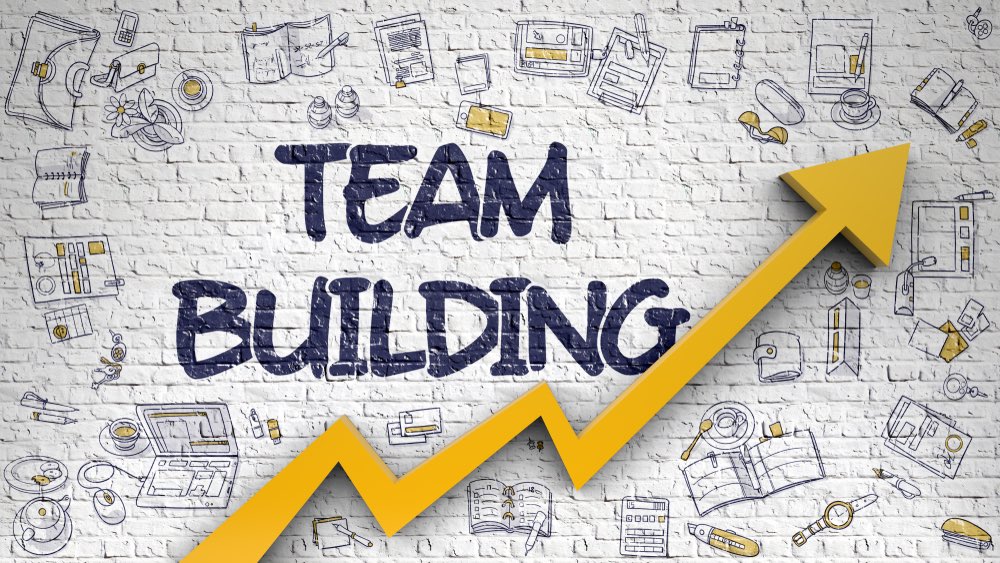Manufacturing experience is the process of creating and managing the production of goods. This process includes the design and development of products, the management of production facilities, and the control of quality. Keep reading to learn more about the manufacturing experience.
What Types of Jobs Are Included in Manufacturing?
If you’re on this page, then you’re probably wondering, “What does manufacturing experience mean?” Manufacturing experience can mean a lot of different things, but in general, it includes jobs that are related to making or producing things. This can include working in a factory, a distributor, on an assembly line, or doing some sort of manual labor with raw materials. It can also include jobs in the engineering and design fields, as well as jobs in management and sales or even manufacturing analytics. Basically, any job that is involved in creating or bringing a product to market is considered to fall under relevant experience in the manufacturing industry.
What Are the Benefits of Having Manufacturing Experience?
The first benefit is that manufacturing experience teaches individuals about how products are made and how to produce them. Individuals who have this type of experience are able to understand the process of manufacturing and how each step affects the final product. This understanding can help businesses improve their production processes and create better products. Another benefit of having manufacturing experience is that it teaches individuals about quality control. Individuals with this type of experience know what to look for in terms of quality when producing a product and can identify issues early on in the production process. This helps reduce the number of defective products that are produced and increases customer satisfaction. Manufacturing experience also teaches individuals about logistics and supply chains. Individuals with this type of experience know how to get products from Point A to Point B in an efficient way while ensuring that all necessary components are available when needed. This knowledge can help businesses optimize their supply chains and save money on shipping costs.
Manufacturing experience teaches individuals about safety procedures. Individuals who have worked in a manufacturing setting are familiar with common safety hazards and know how to safely operate equipment. This knowledge can help businesses reduce workplace injuries and keep employees safe. Manufacturing experience also teaches individuals about planning and scheduling. Individuals with this type of experience know how to schedule tasks so that they can be completed efficiently without overlap or bottlenecks. They also understand the importance of proper inventory management in order to meet customer demand without running out of stock. Having this knowledge can help businesses improve their production processes and increase profits
Why Is This Industry Important to The Economy?
The manufacturing industry is one of the most important sectors of the economy. It is responsible for creating goods that are used for consumer and industrial products. The industry also employs millions of people and is a major contributor to the country’s GDP. The manufacturing sector has a significant impact on the economy. It accounts for 12 percent of the GDP and employs more than 12 million people, which is about 9 percent of the workforce. The industry also has a significant impact on exports. In 2016, manufacturing exports were worth $2.2 trillion.
What Types of Positions Require Manufacturing Experience?
Some positions that may require manufacturing experience are those in which the employee will be responsible for assembling products. This might include positions such as assembler, welder, machinist, and fabricator. In some cases, having this type of experience may be required in order to even be considered for the job. Other positions that may require manufacturing experience are those that involve working with machines or hazardous materials. For example, a position as a machine operator or processor might require this type of experience.
Manufacturing experience is important because it teaches employees the necessary skills to produce products. It also allows employees to develop a better understanding of the manufacturing process. Overall, manufacturing experience is important because it helps employees become more efficient and knowledgeable about the manufacturing process.














